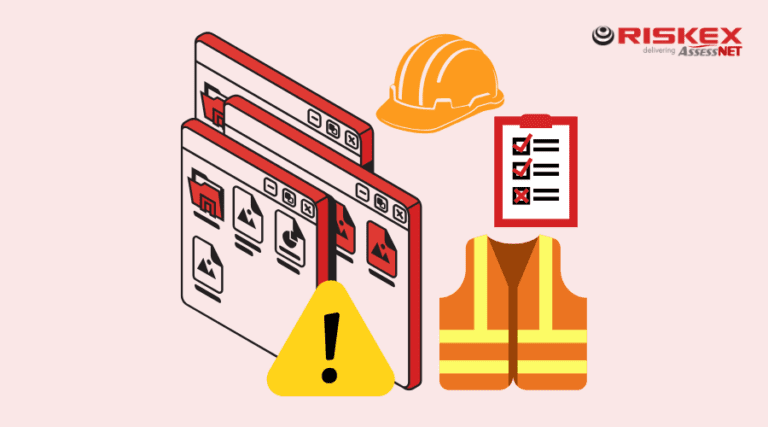According to the most recent annual Labour Force Survey, 822,000 workers in Great Britain suffered from work-related stress, depression or anxiety (new or long-standing) in 2020/21. Whilst the Coronavirus pandemic has certainly contributed to this worrying statistic, the pre-pandemic numbers have been on an upwards trajectory since 2014. Of the 822,000 workers suffering from work-related stress, depression or anxiety in 2020/21 an estimated 449,000 reported that this was caused or made worse by the effects of the coronavirus pandemic.
Despite an increase across all industries, the recent HSE report, “2021 Work-related stress, anxiety or depression statistics in Great Britain”, shows that some sectors have been more affected than others, with sharp increases in the number of cases across service industries – particularly those with high levels of public contact or interaction. Specifically, the following grouped industries have shown higher than average rates of stress, depression or anxiety, averaged over the 3-year period 2018/19 – 2020/21:
- Public administration and defence; compulsory social security
- Human health and social work activities
- Education
There are a number of possible factors behind why these sectors are experiencing higher rates of stress, depression or anxiety than others since the onset of Covid. These include:
- Customer-facing workers often bear the brunt of the frustrations from the public at large, frustrations which are at an all-time high due to the pandemic. With the plethora of issues created by the pandemic (unemployment, lower incomes, dealing with self-isolation, loss of a loved one, constantly changing guidance etc.), people are experiencing higher levels of anxiety and lower tolerance. These negative experiences that customer-facing staff are exposed to can easily impact on mental health.
- The service industry is one where working from home is usually possible and so it’s no surprise that this sector in particular has been working from home for longer periods of time during the pandemic than other industries. It has been well documented that the lack of interaction with working from home can lead to an increase in mental health issues and the likelihood of suffering “burnout”.
- Service agents or managers are often the go-to people for advice on covid related queries, and the ever-changing government guidelines makes it challenging for staff to keep customers updated. Constant changes to guidance can also be particularly frustrating in sectors such as Education, where new processes and teaching activities need to be planned based on the environment (for example, when in-class teaching changes to online teaching).
Further detail on the HSE report can be found here






